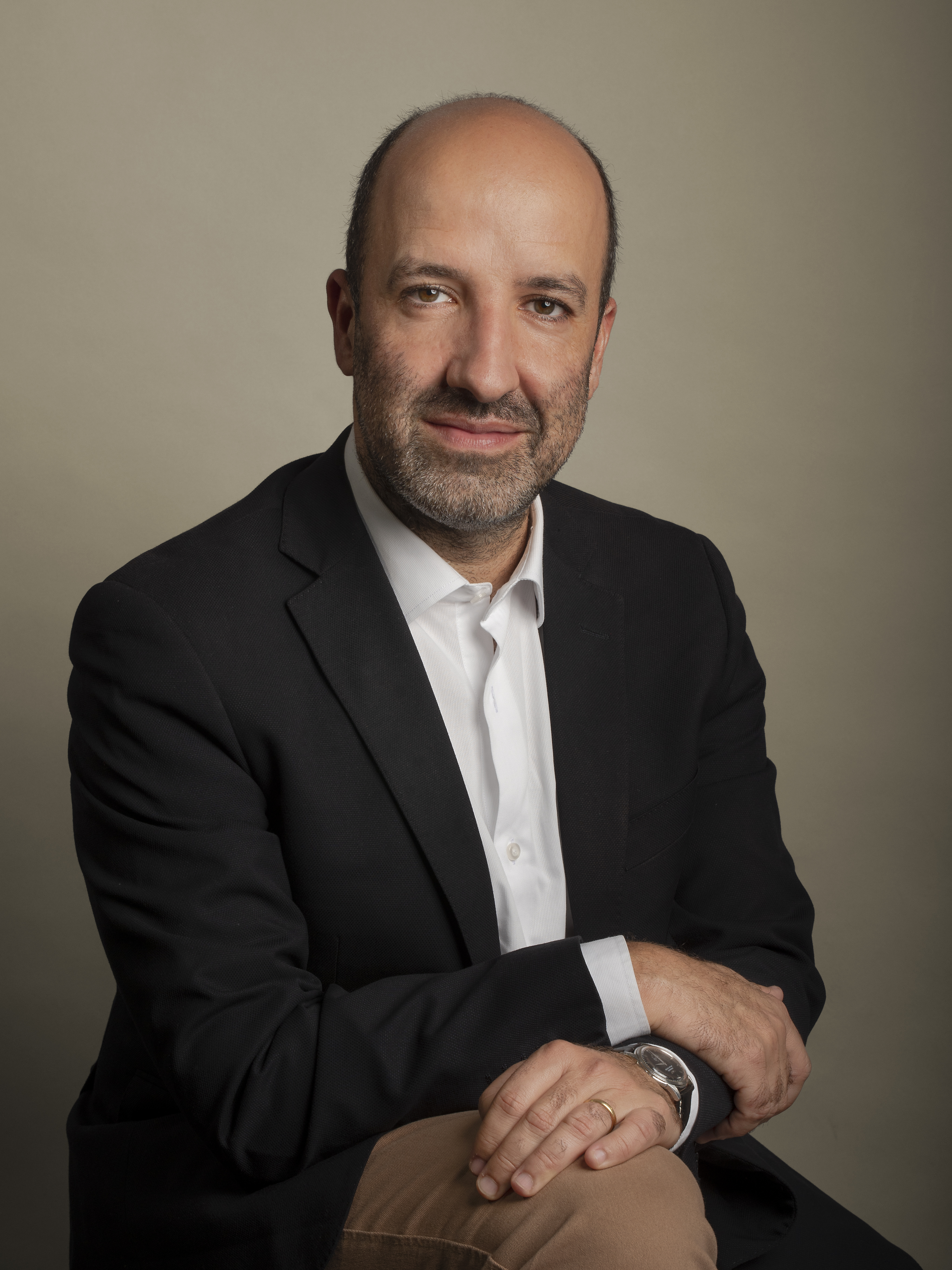
Psychedelics like psilocybin, MDMA and LSD are being tested as psychiatric treatments. Clinical trials suggest these drugs may alleviate mood disorders, such as treatment-resistant depression and bipolar disorder; anxiety disorders like post-traumatic stress disorder (PTSD); eating disorders like anorexia; and addiction, including alcohol use disorder.
In those trials, psychedelics are paired with psychotherapy, with the idea that the trip-inducing drugs may enhance therapy's effects. But the psychotherapy element is barely described in most of the studies, experts say.
This is a big problem — it factored into the Food and Drug Administration's (FDA) decision to reject an MDMA-assisted therapy for PTSD this summer.
These shortcomings need to be overcome for psychedelic therapies to earn approval. If they're not, "that would be a great loss to patients, and a great loss to scientific progress," said Dr. Albino Oliveira-Maia, a psychiatrist, neuroscientist and director of the Neuropsychiatry Unit of the Champalimaud Foundation in Lisbon.
Oliveira-Maia and colleagues reviewed 45 studies of psychedelics — including studies involving psilocybin, MDMA, LSD and ayahuasca — and found that many barely touched on the psychotherapy being provided alongside the drugs. Live Science spoke with Oliveira-Maia about why that matters and what scientists now need to do to bring psychedelic therapies to the clinic.
Related: Scientists show how LSD blows open the doors of perception
Nicoletta Lanese: What motivated you to conduct this review?
Dr. Albino Oliveira-Maia: One theme that has been consistently present in a lot of the literature, with regards to therapeutic use of psychedelics, is that the psychedelics are delivered jointly with a psychotherapeutic intervention. And there's been lots of debate about how necessary that is — if it's necessary to make the intervention work as intended, if it's necessary to make the intervention safe.
As you probably have heard about, the FDA decided not to approve the use of MDMA-assisted psychotherapy for post-traumatic stress disorder in the summer. That was part of the incentive, although it was not the only one … [for us to do this review] to have an idea on how well this psychological component of the treatments was being reported in the available literature.
NL: Where are the gaps in reporting the widest?
AO-M: The first thing that really became quite evident was that the descriptions were very different between different studies. And the other thing that quickly became very clear was that they were so different that it was hard to extract the information in a systematic way.
This [information] went from as simple as a description of the underlying materials for the psychological intervention to an adequate description of the training of the providers.
NL: Why is it important to detail the training of the providers?
AO-M: Because it's been a source of concern.
Given specific high-profile cases where individuals that were, let's say, not fully or adequately certified according to their local practice were delivering the treatments and might have acted in less ethical ways with the patients involved in the research.

NL: Could you expand on the safety risk that poses, of having underqualified providers?
AO-M: There is some discussion of the role of touch in the context of therapy, which I believe becomes particularly concerning in the context where the patient is in an altered state of mind [as a result of taking psychedelics].
One of the fundamental elements in therapy is this concept of "continuing consent" — so I can be in a therapeutic session with the patient, and the fact that the patient, at any moment, can make a decision to interrupt that session and leave is an incredible element of safety. When the patient is under the influence of a mind-altering substance, that's changed.
And an even more subtle element of how we can think about this: The effects of some of these substances modulate the quality of the relationship with the person that's present … [and] raises the possibility that that position of connection — which is something that is desirable to obtain therapeutic objectives — could also be abused if we have the wrong person in the room.
So overstepping the limits in a physical or a sexual manner, I think it is a concern.
(Editor's note: In a high-profile trial of MDMA-assisted therapy, a patient was sexually abused by her therapy providers. Papers tied to the trial were retracted because the ethical violation had not been disclosed to the journal before publication, news reports detailed.)
NL: What kind of training do you think these therapists should have?
AO-M: I think at the very least you want to have the professional experience that you require for someone that is applying psychotherapy outside of psychedelic-assisted therapies.
NL: Besides the provider training, what else stood out as a big gap in the studies?
AO-M: Another thing that is quite obvious, but again, not fully described across all studies, is "Where was this being delivered?" Is this being delivered in an outpatient psychiatry clinic? Is it being delivered in a psychologist's office? Is it being delivered in an inpatient setting?
These elements are relevant, not only for us to think about the effectiveness of the application of treatment, but also very relevant for us to think about the safety of the intervention and how the safety is being upheld.
NL: Did you find that lack of description surprising? I think people have a sense that the setting is important with drugs that induce a trip.
AO-M: I think that the most honest response to your question is that we don't really know [how important the setting is]. If this is indeed important, and if we believe the promising results of earlier studies … we would want as much as possible to reproduce the conditions under which that effectiveness occurred, to have an appropriate response to your question.
If we are able to define the simplest possible model that is both safe and effective, I think we will be much better positioned to make these treatments valuable for the patients that need them.
Dr. Albino Oliveira-Maia
But let me say that this is not only an issue of ensuring safe application of effective treatments — this is also an issue of trying to find the circumstances under which the treatments will become accessible.
If we, in the end, conclude that psychedelic-assisted therapy is very convoluted in the strategies that are necessary for its application, it's almost doomed to become a relatively niche intervention for very rich people in very rich countries.
If we are able to define the simplest possible model that is both safe and effective, I think we will be much better positioned to make these treatments valuable for the patients that need them — that don't have great alternatives at this moment.
NL: Where do you anticipate or hope the field might be in five to 10 years' time?
AO-M: This is not so much a prediction but a desire: I think it would be very important for the field if we had a psychedelic intervention approved for a clinical indication under formal regulatory supervision in the next five years. I think that would be very important as an example of leadership and progress.
If this takes too long, if the delay actually reduces the investment in the field, I think there's a real risk that we never go beyond the element of promise — that these substances continue to be used mainly in a nonregulated environment under the absence of adequate regulatory and professional supervision. And that would be a great loss to patients, and a great loss to scientific progress.
NL: Do you think MDMA might be next in line for approval?
AO-M: I don't think so. If I had to place a bet, let's say, I would say that the next potential approval would be psilocybin for depression, or treatment-resistant depression. But let's see.
This interview has been lightly edited for clarity and length.







